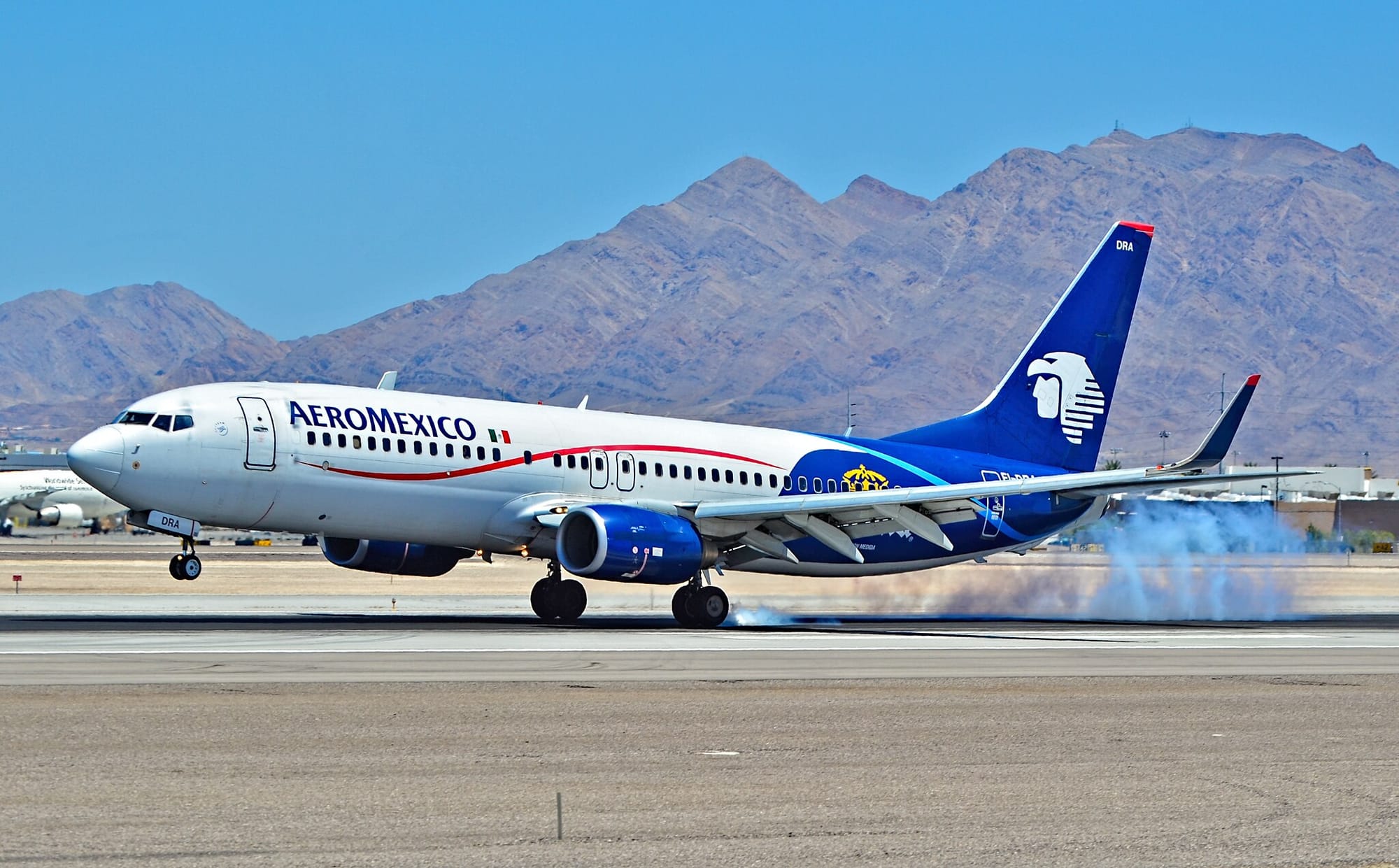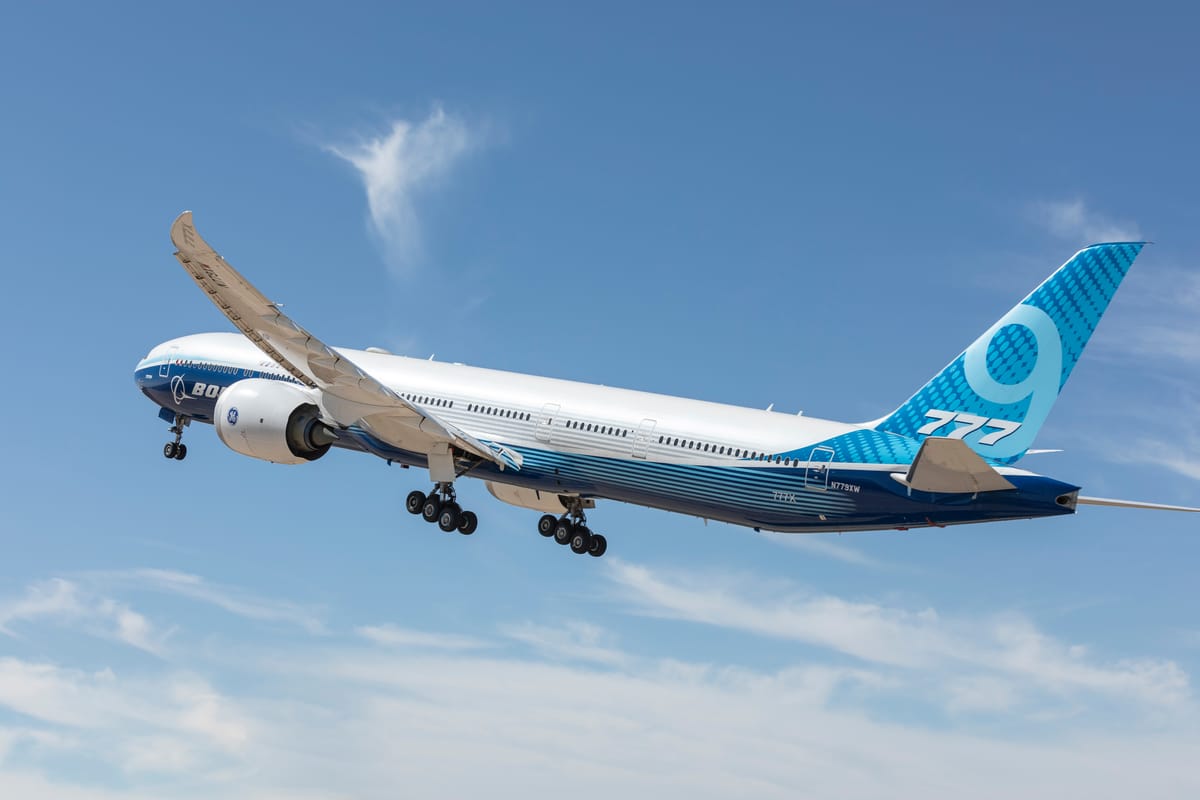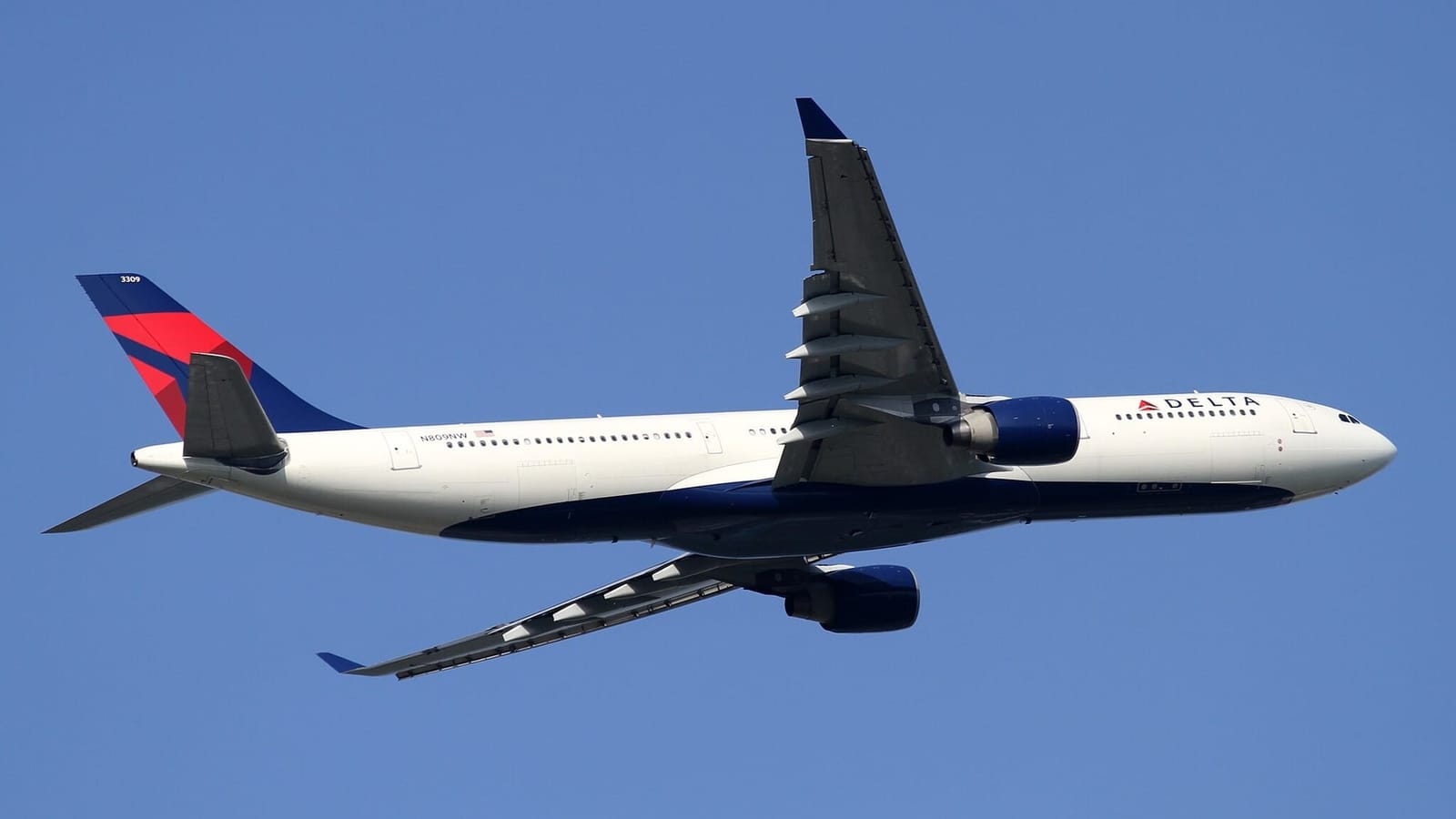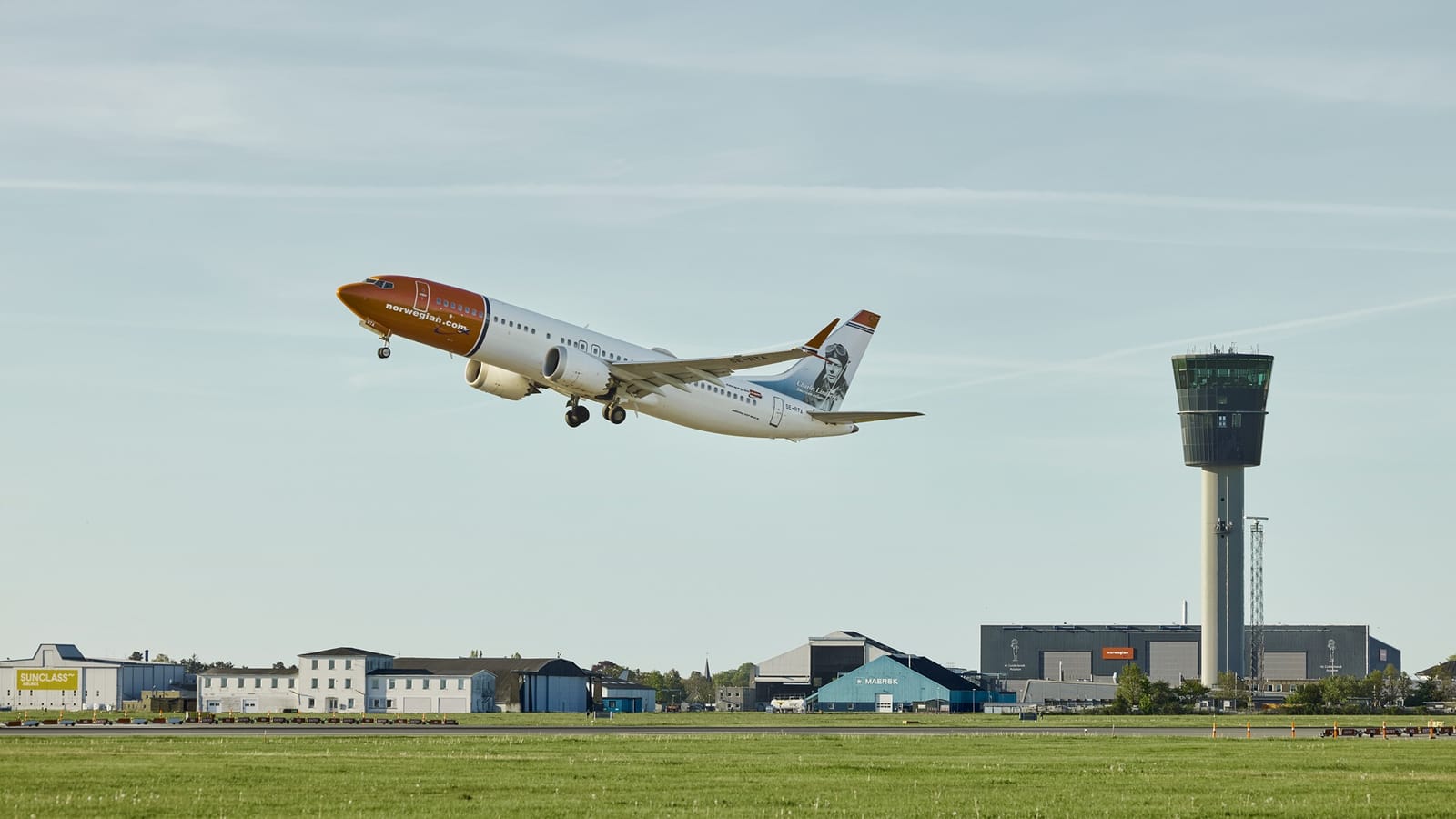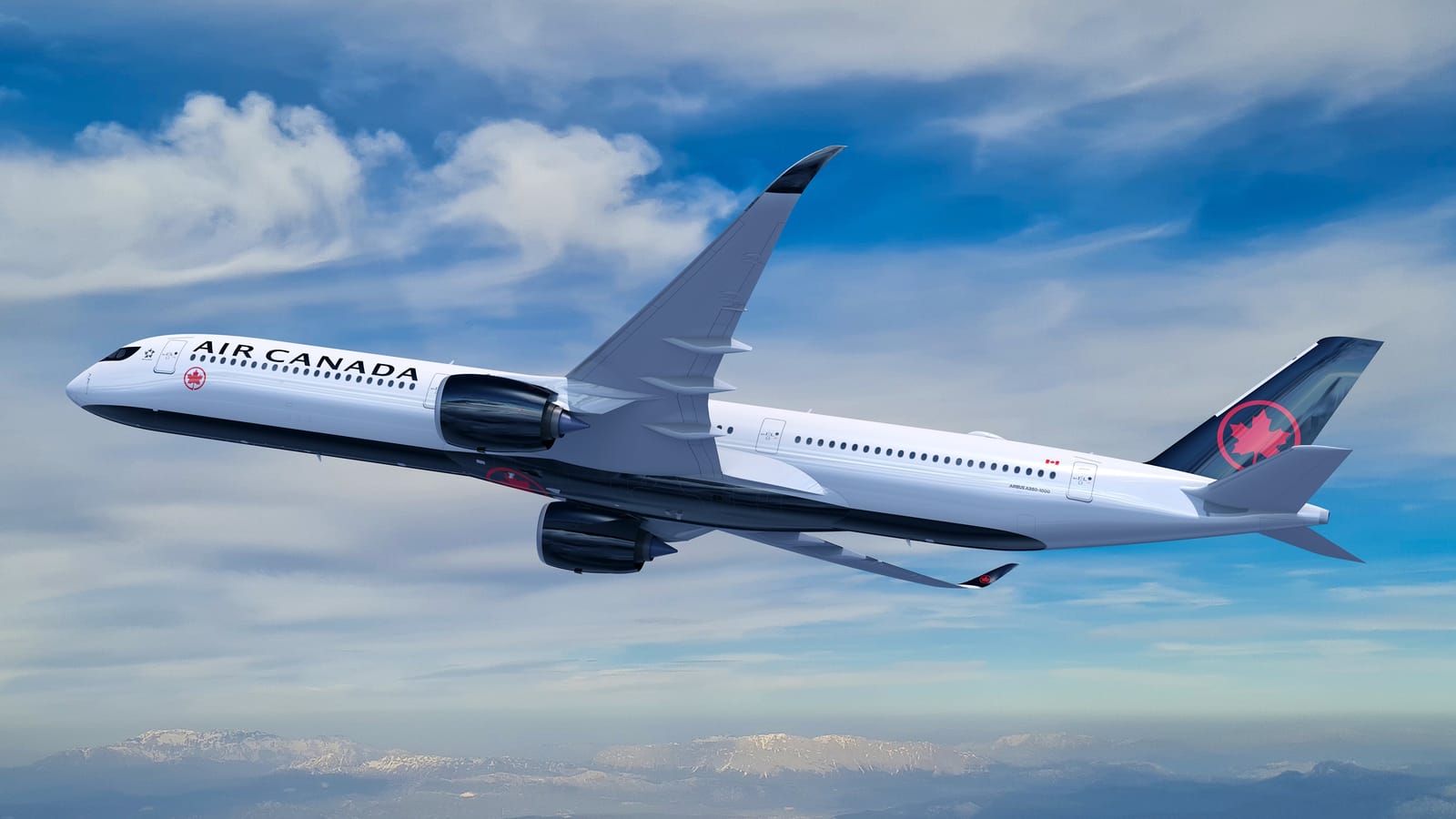The United States Department of Transportation (DOT) has sharply escalated its dispute with the Government of Mexico and its handling of capacity, slots, and cargo operations at Mexico City International Airport (MEX), moving to end 13 Mexico-based airlines’ routes and prohibit Mexican carriers from carrying belly cargo on all routes from MEX to the US.
In two separate filings on October 28, 2025, the DOT informed Aeroméxico, Viva, Volaris, TAR Aerolíneas (does not currently fly to the US), and cargo carriers Estafeta Carga Aérea, Mas Air, avianca Cargo Mexico, and Awesome Cargo that “it is disapproving portions of their schedules that were filed” when the Department ordered them to do so in July.
Its decision was based on its findings that the continuation or start of their proposed routes would “adversely affect the public interest,” the DOT said, especially after Mexico moved to impair US airlines’ ability to access MEX by confiscating their historic slots and forcing all-cargo carriers to move from MEX to Felipe Ángeles International Airport (NLU).
As such, the DOT stated that it would order Aeroméxico to end its flights from NLU to Houston George Bush Intercontinental Airport (IAH) and McAllen Miller International Airport (MFE). It will also disapprove the following proposed routes:
- Aeroméxico’s service from MEX to San Juan Luis Munoz Marin International Airport (SJU)
- Volaris’ service from MEX to Newark Liberty International Airport (EWR)
- Viva services from NLU to Austin Bergstrom International Airport (AUS), Chicago O’Hare International Airport (ORD), Dallas-Fort Worth International Airport (DFW), Denver International Airport (DEN), IAH, Los Angeles International Airport (LAX), Miami International Airport (MIA), New York John F. Kennedy International Airport (JFK), and Orlando International Airport (MCO).
The DOT will also disapprove the eight airlines’ proposed routes from MEX or NLU to the US, or any frequency increases from the two Mexican airports to the US, until further notice.
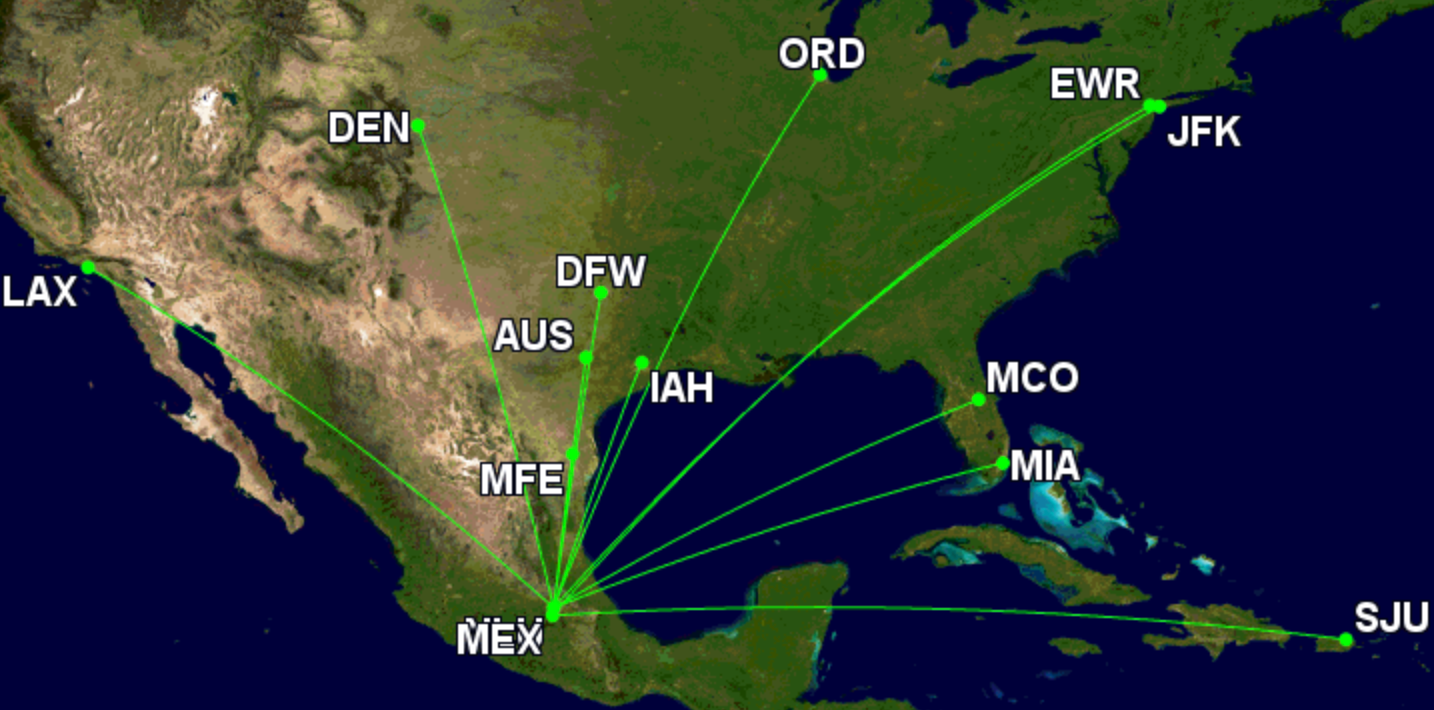
In July, DOT ordered Mexican airlines to file their planned US-bound schedules, citing the same reasons that can be summed up as confiscation of US airlines’ slots at MEX and the mandate to move all-cargo operations from MEX to NLU, violating the US-Mexico Open Skies agreement.
At the time, the Department said that the eight aforementioned Mexican airlines would have to file their existing and proposed routes that fly from/to the US, which would enable the DOT to “determine whether the operation of the services contained in those schedules, or any part thereof, may be contrary to applicable law or adversely affect the public interest.”
“The Department finds that disapproval of the schedules providing for the services specified above is an appropriate response to the longstanding and widespread noncompliance by [Mexico] with the [Open Skies Agreement], and the resulting broad collective harm its action has had, and for a considerable part will continue to have, on the services of U.S. combination and all-cargo carriers as described herein.”
According to the DOT, the goal of its latest order is not to escalate the situation but to forcibly improve the operating environment for Mexican and US carriers, which should result in them being able to fully exercise the bilateral rights of the two countries’ Open Skies agreement.
The first signs of the Department’s ire with Mexico’s policies to first, limit the capacity at MEX due to alleged runway and terminal constraints, and second, to forcibly move cargo operations to NLU, showed up on July 31, 2023.
Then, the DOT informed Rogelio Jiménez Pons, the Undersecretary of Transportation of Mexico, that it had suspended the review of the proposed Allegiant Air and Viva joint venture (JV), citing Mexico’s “recent actions” that had affected US airlines’ operations at MEX.
“Given these circumstances, we are not able to further consider the Viva/Allegiant case pending additional information demonstrating compliance with, and full implementation of, the terms of the US-Mexico air transportation agreement through our continued consultations with SICT [Secretariat of Infrastructure, Communications and Transportation – ed. note].”
The DOT also ordered Delta Air Lines and Aeroméxico to dismantle their JV in September 2025, after having refused to extend the venture’s antitrust immunity (ATI). The two airlines sued the DOT and have asked the US Court of Appeals for the Eleventh Circuit to keep their JV running after the Department’s January 1, 2026, deadline, saying that dismantling and then re-establishing their partnership would cause irreparable harm, which it would not be able to recover from the DOT.
According to the two carriers, if the court were to do so, it would maintain a status quo in the US-Mexico passenger market while the lawsuit continues.
Delta Air Lines and Aeroméxico said that the DOT’s order was “unsupported, internally inconsistent, and arbitrary,” and that the pair were “likely to succeed on their claim that the order is arbitrary and capricious.” They were also “highly likely to succeed on the merits of their challenge to the order and will suffer substantial irreparable harm if a stay is not granted.”
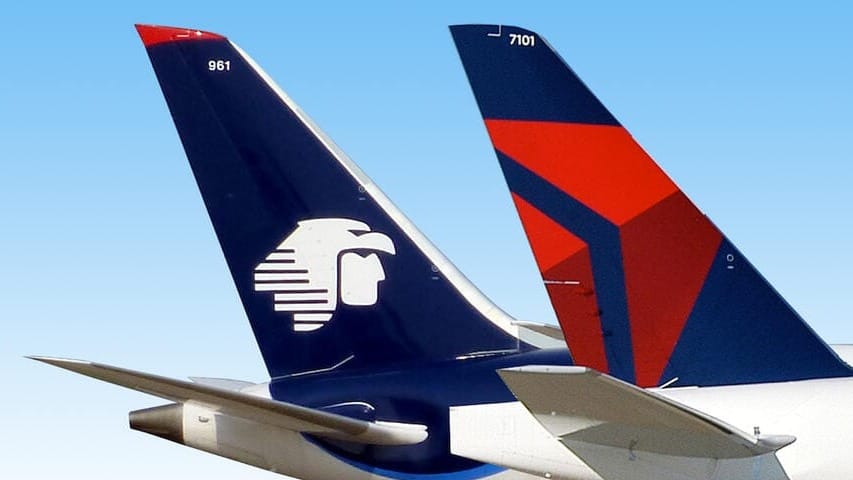
The Mexican government has also made moves to ensure that its regulations align with the International Air Transport Association’s (IATA) Worldwide Airport Slot Guidelines (WASG). On October 14, it finalized guidelines that aim “to establish general criteria” that must be used by stakeholders to “carry out the impartial, transparent, and non-discriminatory allocation of landing and takeoff slots to air carriers […]” at the country's airports.
In its order to axe the 13 routes and prohibit Mexican airlines from carrying belly cargo from MEX to the US, the DOT said that the aforementioned guidelines “may lead to changes in slot administration at Mexican airports,” yet warned that questions regarding the government’s compliance with IATA’s WASG “by rule and practice remain unanswered, and the information provided to date remains incomplete.”
Furthermore, “the opaque slot allocation and management system and business practices remain in place at MEX.”
In July, IATA pleaded for both governments to “engage in direct dialogue” to resolve their issues, with the association saying that it has been in dialogue with the Mexican authorities, “advocating for the adherence to the globally accepted” WASG. This work, especially considering the capacity constraints at MEX, “remains a priority,” the association said.
While Donald Trump, the President of the US, has, on multiple occasions, bashed Mexico for everything and anything, including immigration and the country’s cartels for “operating fentanyl and nitazene synthesis labs in Canada,” the two countries recently progressed toward a trade deal.
On October 27, Claudia Sheinbaum said that after speaking with Trump, the two leaders agreed to extend the deadline for a trade deal. Trump, in a post on Truth Social, said that he and Sheinbaum had “a very successful” phone call, with the US President defining success as “that, more and more, we are getting to know and understand each other.”
“The complexities of a Deal with Mexico are somewhat different than other Nations because of both the problems, and assets, of the Border.”
While it is not immediately clear – highly unlikely – that the two spoke about the issues surrounding MEX and US carriers’ ability to expand capacity there, or at least regain their historic slots, a positive development in trade talks could, ultimately, result in positive developments surrounding the US-Mexico Open Skies agreement.


